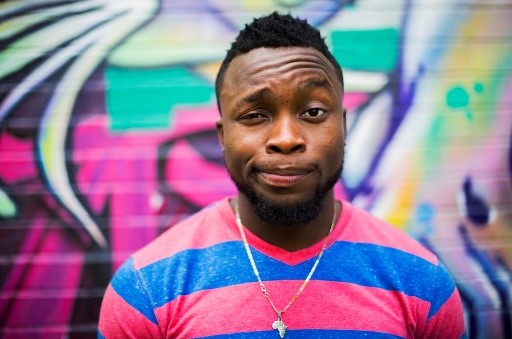Barbadian English/Barbadian Creole/Bajan
The language spoken in the Caribbean Island of Barbados is strongly influenced by other Caribbean English dialects. Bajan or Barbadian Creole is the English-based creole language with African and British influences spoken there. Around 1,000 people use English as their main language and 286,000 use Bajan as their main language. However, Standard English [RP] is the official language. Bajan is spoken by most Barbadians in everyday life especially in informal settings, in music, or in social commentary. In its full-fledged form, Bajan sounds markedly different from the Standard English less often heard on the island. The degree of intelligibility between Bajan and general English depends on the level of creolized vocabulary and idioms. A Bajan speaker may be completely unintelligible to an English speaker from another country.
When West African captives were taken to Barbados and enslaved, they were forced to speak English. But they never did learn it very well, and the result was Bajan. It was how slaves communicated with each other without their masters understanding. Bajan continues to evolve as new idioms, jargon, expressions, and terminology are added. It is not a written language, only spoken.
The plural you is wuna; they, them, their, is dem; you, yours is yu; in many cases, d replaces th. Questioning statements often feature a rise in intonation at the end, e.g., “Wuna eat the fish?”=“Did you eat the fish?”, not “Do you want to eat the fish?”, indicative of a future event. Examples of African derived words include: wunna=you all [plural]; obeah=doctoring, mysticism, or oracle; bim=my place, people, kindred—a common nickname for Barbados itself; de, deh=present in; eye-water=tears; duppy=cou-cou, part of the local national dish, from “Fou Fou” in Africa; nyam=to eat ravenously or greedily, or to chew; jook/juk=hard-head, or obstinate.
Common Bajan words, phrases, and expressions: bashment=a party; bassa-bassa=a fight; busylickum=a busy body; cutter=sandwich; dead house=mortuary; do-fa-do=tit-for-tat; ecky-becky=poor Caucasian; flim=a film; fortyleg=centipede; gap–road or street; goat head—idiot; government juice—water; igrant—ignorant; Jah—God; jill–a pint; kiboes—hips; lick–to hit; mout—mouth; muster–to save (especially money); nain—nothing; nuse –to eat; odd cents–loose change; out it out–turn off the light; ovadayso–over there; pickney—child; a plaster for every sore–an excuse for every situation; pocket pistol–roasted corn on the cob; rockinengine=steam-roller; run de route=let us go; sea cat—squid; trildren—children; vise=understand; wizzy wizzy= whispering; yute=child or youth.
Bequia English
Bequia English is the local dialect of English spoken on Bequia, an island in Saint Vincent and the Grenadines. English is the official language. Most locals also speak Vincentian Creole. Colloquially, they are known as “Vincies” or “Vincys”. This English-based creole contains elements of French, Spanish and Portuguese, and has also been influenced by the languages of the Garifuna and the West Africans brought to the Caribbean by the slave trade. Runaway and shipwrecked slaves inhabited the island of St. Vincent in the 17th century. According to an early account of the French West Indies–which considered Bequia as part of Grenada–Bequia was too inaccessible to colonize and Kalinago Arawaks used the island for fishing and farming. Local currency is the EC [“EE SEE”] dollar which is tied to the US dollar.
West Indian Creole languages use object pronouns in the subject position. For example, a Vincentian might say, “Me going down town” for “I am going down town.”; Vincy Mas=The nation’s Carnival celebration; jump-up=street dancing; “What di’ man say?”=typical greeting; irie=popular slang among young meaning something like “stay cool” or “see you later”; “sic too bad”=awesome; “visiting or friending unions,” [where the man and woman live apart, and the woman raises the children]; bluggoe=green figs; Brown Booby=an island bird; “She gone to the store yesterday”; “I isn’t know Miss!”; “I be a sickly man”; “He be my brother in Trinidad”; “But he be good”; “It be just breakin’ the boat”.


